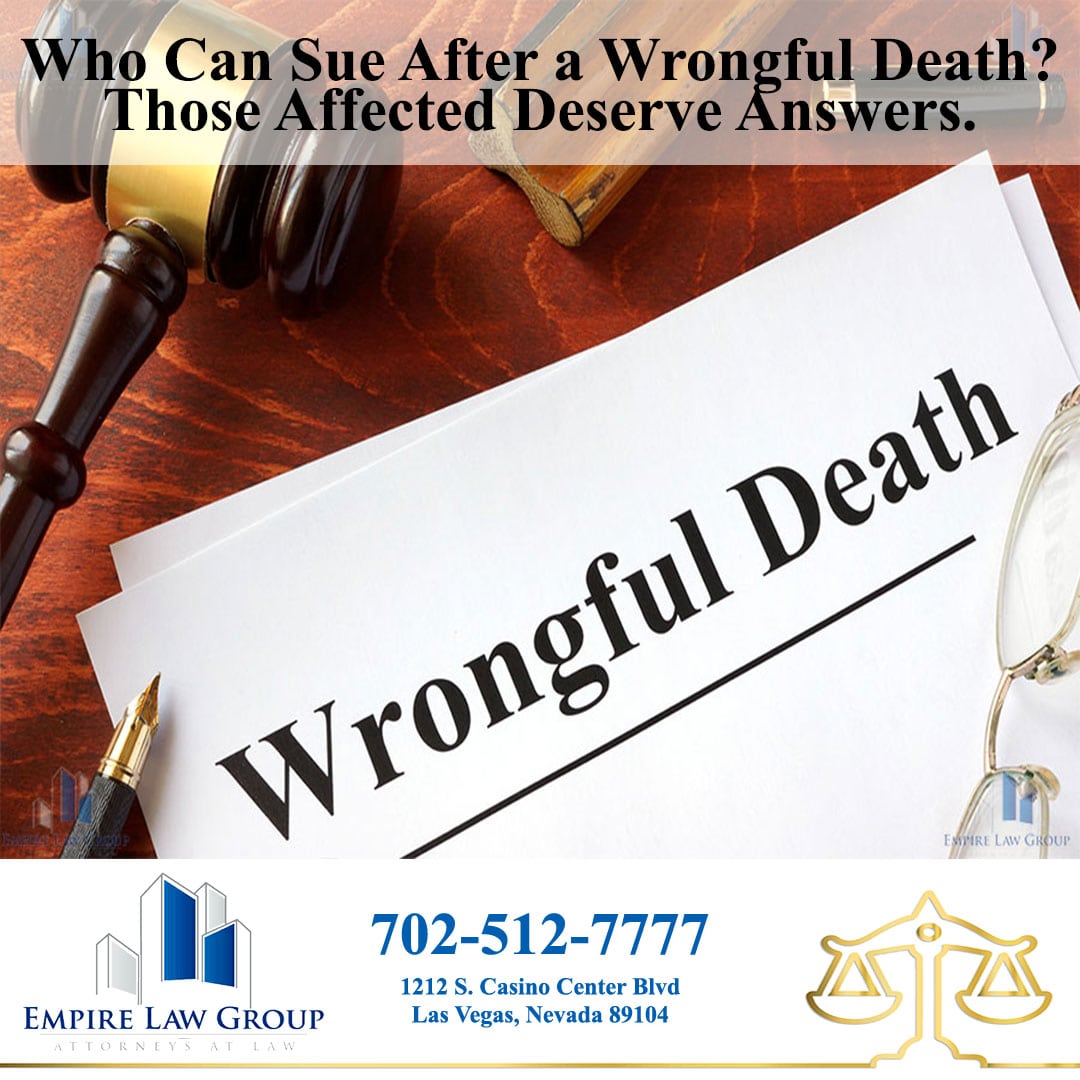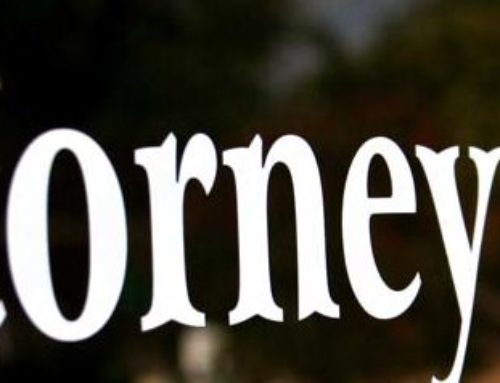Who Can Sue in Wrongful Death Cases?
When a person dies as a result of the intentional or negligent action of another, the offender may be brought to court for a criminal charge. Unfortunately sending the person who caused the death of the decedent will not cover the costs related to the loss of support and care to the surviving family members.
So in addition to the criminal charge, a civil action may also be filed against the offender. Its purpose is to permit recovery of compensation for damages on account of the decedent’s death.
Normally, in lawsuits involving bodily injuries, it is the injured party who can file the civil and criminal actions. So who can file these court actions in wrongful death cases? Obviously it’s not the deceased.
The surviving family members may institute these actions in wrongful death cases.
In civil lawsuits connected with cases of wrongful death, the surviving family members may recover compensation for damages for the loss of support of their loved one. The amount of damages may also include medical and funeral expenses, among others.
So who are these surviving family members?
Most states define family members to include parents, spouses, and children. But some jurisdictions expand the definition to include domestic partners, siblings, and grandparents.
However, recognizing the proximity in terms of degrees of consanguinity or affinity with the decedent, not all surviving family members are entitled to receive the same or equal amounts or damages. In fact, the distant relatives may even be excluded from receiving damages should there be a family member closer in proximity.
As a such, a grandparent or sibling may even be excluded from receiving any court-awarded damages if the decedent has a spouse or child.
In addition, the amount of damages that a family member may receive greatly depends on the pecuniary or other losses that the latter suffered on account of the decedent’s death. As such, a minor child who is dependent on the decedent for support stands to suffer financially than a sibling who has the capacity to earn his/her own money. To alleviate this distress, the law permits an award of damages to the decedent’s minor child, which may be to the exclusion of the sibling.
The amount of damages to be awarded will also be computed based on the decedent’s earning capacity, in relation to the resulting loss of financial support that the dependents stand to suffer.
Las Vegas Wrongful Death Attorney
Figuring out who can file an action for wrongful death against the offender is easy. But here’s the tricky part: proving the fault or negligence of the offender to warrant a criminal conviction as well as an award of damages. Without the appropriate legal training, experience, and expertise, it can be a daunting task.
If you lost a loved one under wrongful death circumstances, would you risk losing a legal battle? Without any legal knowledge or training, you will stand to lose the fight in court if you take it upon yourself to handle the helm. As a result, you will suffer the loss of a loved one as well as a judgment of conviction and award of damages



